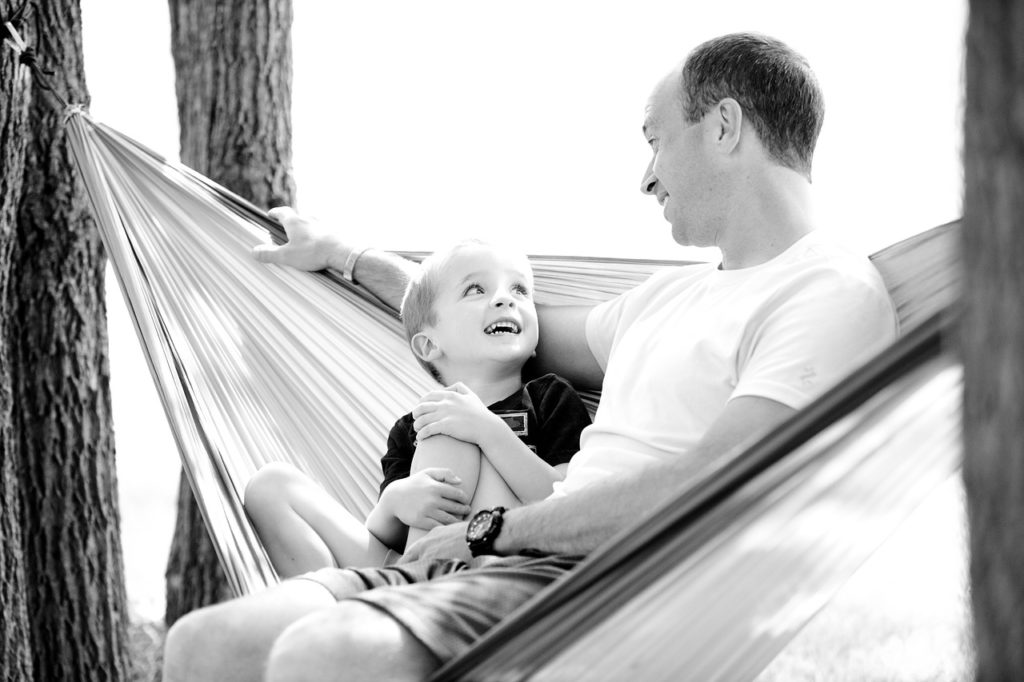 Should parents of children with autism tell their child about their disability? If so, when is the appropriate time? The issue of disclosure is a complex and emotional process that for most families begins at the time their child receives an autism diagnosis. Sensitivity, knowledge and patience can go a long way in making a decision that is right for your child and your family. While every family and child affected by autism is unique, here are some universal considerations.
Should parents of children with autism tell their child about their disability? If so, when is the appropriate time? The issue of disclosure is a complex and emotional process that for most families begins at the time their child receives an autism diagnosis. Sensitivity, knowledge and patience can go a long way in making a decision that is right for your child and your family. While every family and child affected by autism is unique, here are some universal considerations.
Consider your child
Does your child seem curious or comment about why some things may be more challenging for him/her than for others? Does your child express concern about how him/her is being treated by others in a social and/or academic setting? Your child can provide important clues about whether he or she is confused about what is happening and whether he or she needs additional information.
Consider your community
Do other families or their children comment about your child’s differences in social settings outside of school? Families may find themselves in situations where parents or peers unknowingly point out a behavior or a difference related to autism. In general, it can be helpful for parents to prepare a response in case others bring up your child’s disability unexpectedly. Are other families in your community educated about autism? How do the schools in your community provide education about autism? Community education about autism can help other families understand how to address differences.
Consider your partner
Do you agree with your partner about whether to disclose your child’s disability? Parents may not be aware that this is a topic for discussion. They may find that they do not agree on whether or how to share a child’s disability. When parents do agree, it can still be helpful to prepare for these conversations. There are a variety of books that take a strength-based approach to disclosing a child’s autism diagnosis. For example, The Superhero Brain by Chistel Land and My Brother Charlie by Holly Robinson Peete and Ryan Elizabeth Peete.
Consider the timing
When is the best time to share your child’s autism diagnosis? The first time a child hears about autism, it is best to hear it from a parent or someone who is qualified and well-equipped to deliver this sensitive information rather than an acquaintance or stranger. The timing of disclosure may also vary based on your child. Once your child has heard the autism diagnosis it is the beginning of an ongoing discussion. As your child develops and their environment changes, and as your child is better able to articulate their own concerns, conversations about the autism diagnosis will evolve.
So who should be the first person to tell your child their diagnosis? Parents may have questions about whether it is best for their child to learn about their disability from them or from a provider. There are advantages and disadvantages to each option. In general, parents may want to discuss with their provider who is best equipped to present information and answer questions in a way that the child feels safe.
Consider your team
Who else should be part of the conversation?
Closing the loop by informing teachers and providers about what your child does and doesn’t know about their disability can help decrease the likelihood of any confusion and increase the sensitivity of their providers. Having a child diagnosed with autism presents a variety of challenges. Reviewing some key considerations can help families take a thoughtful approach to an emotional decision.
Alison Gilbert, Ph.D. is a Licensed Clinical Psychologist. She is currently a Clinical Assistant Professor at Hofstra Northwell School of Medicine with a certificate in Autism Spectrum Disorders from U.C. Davis.



































